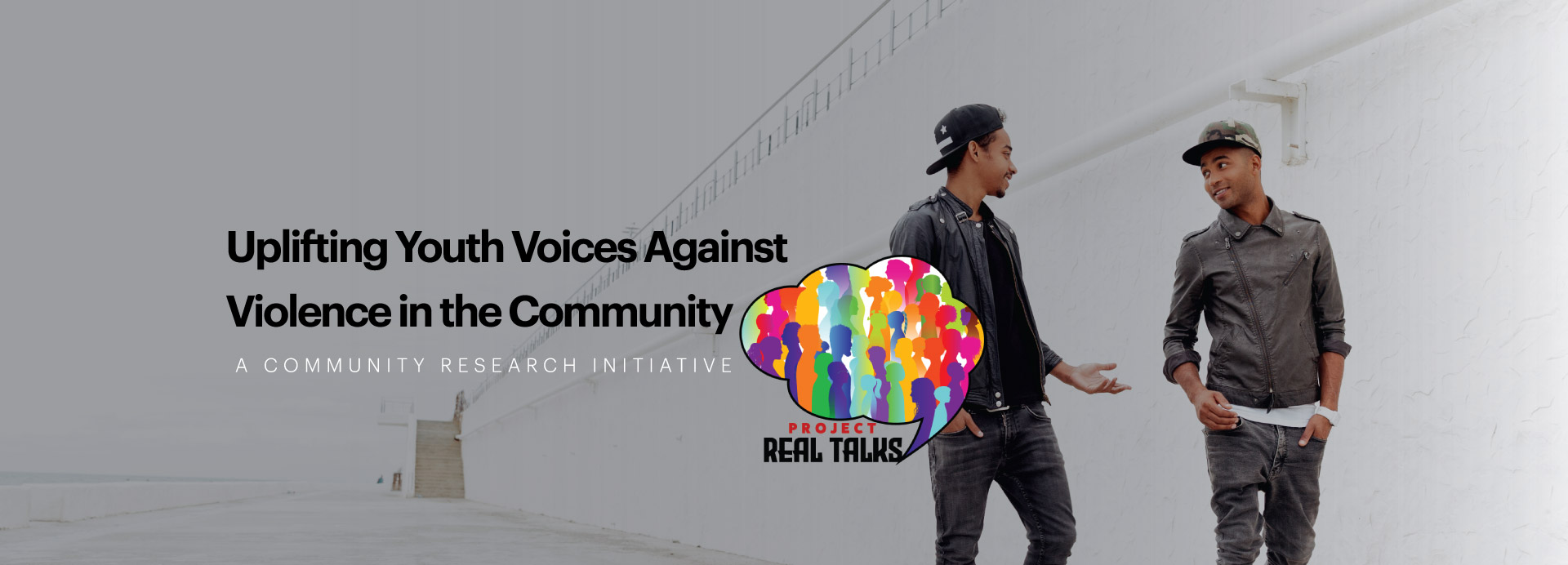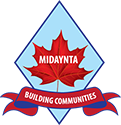
The scope of this study, known as Project Real Talks, aimed to look into solutions to decrease gun violence and improve community safety. The project’s name is derived from a slang term for an honest or personal chat between friends among teenagers. This exploratory qualitative study design was approached from a critical race theory with a specific focus on intersectionality and systemic racism viewpoint by the researchers. Naomi Blumberg, Tommy Curry Critical race theory state: “critical race theory (CRT), intellectual movement and loosely organized framework of legal analysis based on the premise that race is not a natural, biologically grounded feature of physically distinct subgroups of human beings but a socially constructed (culturally invented) category that is used to oppress and exploit people of colour.” Through focus group conversations, this paradigm was utilized to validate the many realities that kids who encounter community violence confront. This study intended to provide the youth a voice in its quest to find community solutions and prevention measures that highlight the lived realities of youth violence among Black youth. As a result, critical race theory had an impact on the unearthing of young people’s stories as expressed in their own words.
The Canadian government supported this initiative as part of the Summer Jobs Program for youth. Midaynta Community Services hired twenty-five young people of African descent between the ages of 15 and 29 for a 16-week summer work initiative to carry out this project. These student workers, some of whom came from communities impacted by communal violence, were assigned to Midaynta Staff-led teams. The aim, design, and implementation of the project were all inspired by the young researchers’ lived experiences and community knowledge, transforming it into a community participatory action research effort. The project’s objective was to raise young voices to address youth violence in the GTA and the disproportionate loss of life to gun violence among African-Canadian youth in the Somali community. To learn more about possible solutions to this problem, young researchers interviewed youth aged 16 to 29 who identified as Somali/African/Muslim/Black from impacted communities in the Greater Toronto Area and asked the following question: What improvements could be made to ensure the safety of your community?
